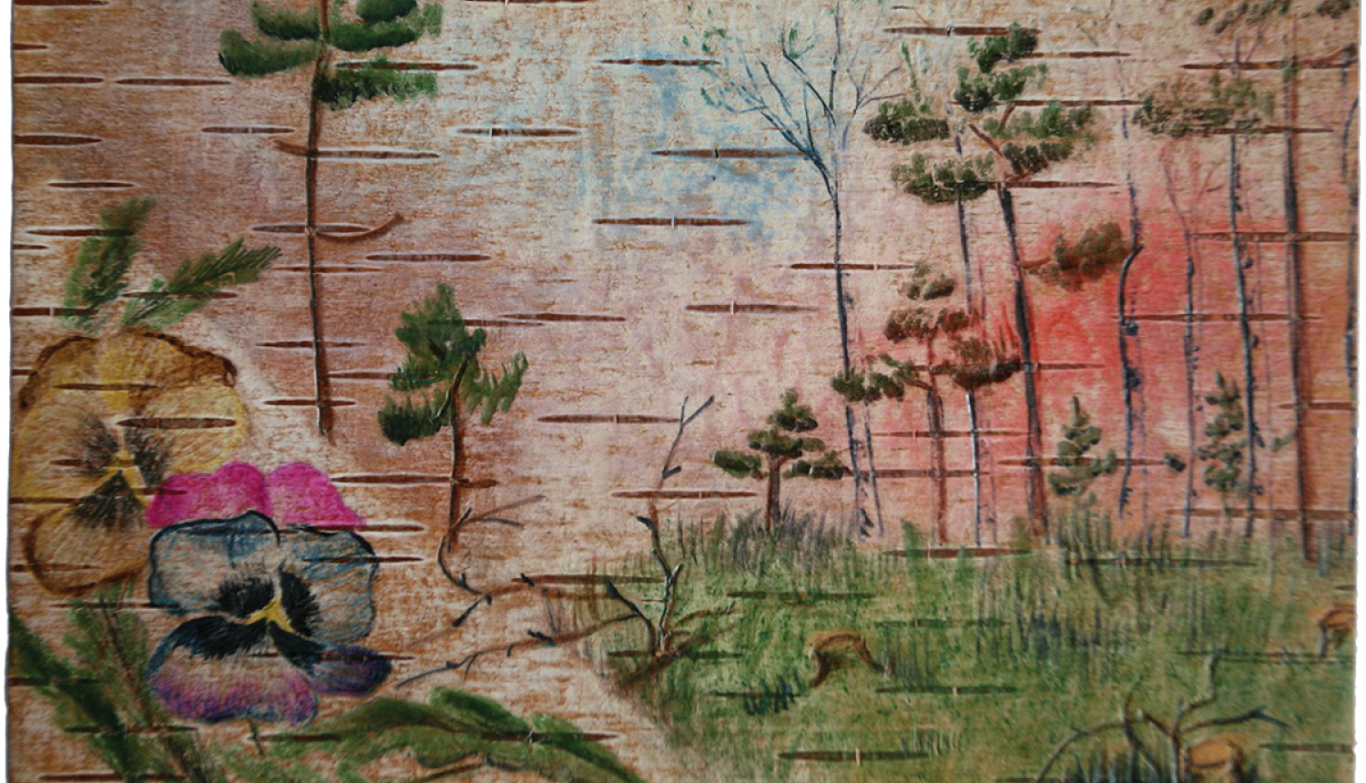Letters and drawings written on birch bark by those deported from their hoomeland by the occupying Soviets are currently kept in 11 Latvian museums.
The application, which was prepared in cooperation with the UNESCO National Commissions of all five countries, including the Latvian National Commission of UNESCO, includes 148 documents created between 1940 and 1965 in the impressive Soviet system of repression known as the Gulag. The documents as a whole include letters written on birch bark and other documents of political prisoners or exiled persons, which are kept in 31 memory institutions in five countries - Estonia, Latvia, Lithuania, Poland and Ukraine.
The international register of UNESCO's "Memory of the World" program collects documentary heritage of world importance. There are currently 494 entries in the register including several related to Latvia.
The application, which was prepared in cooperation with the UNESCO national commissions of all five countries, including the Latvian National Commission of UNESCO, includes 148 documents created between 1940 and 1965 in the infamous Soviet network of repression and forced labor camps known as the Gulag.
Birch bark letters from the Gulag were inscribed in the Latvia UNESCO register in 2009.
"The letters from Siberia that were written on birch bark are of key importance in Latvia’s history, because they offer testimony about the Soviet era. This was one of the most tragic periods in the 20th-century history of Latvia – arrests and deportations which were undoubtedly human rights violations. The existence of the letters, along with their content, their language and the censorship stamps that are seen on them describe the ability of the totalitarian Soviet regime to control people’s lives. Indeed, the letters can be seen as charges against the Soviet regime. Birch bark was often the only available material on which letters could be written at places of deportation," says an explanation provided at the time.
A decision on the inclusion of the birch bark letters in the Memory of the World register is expected in May 2025.



























